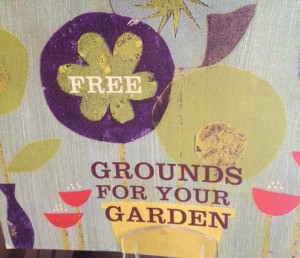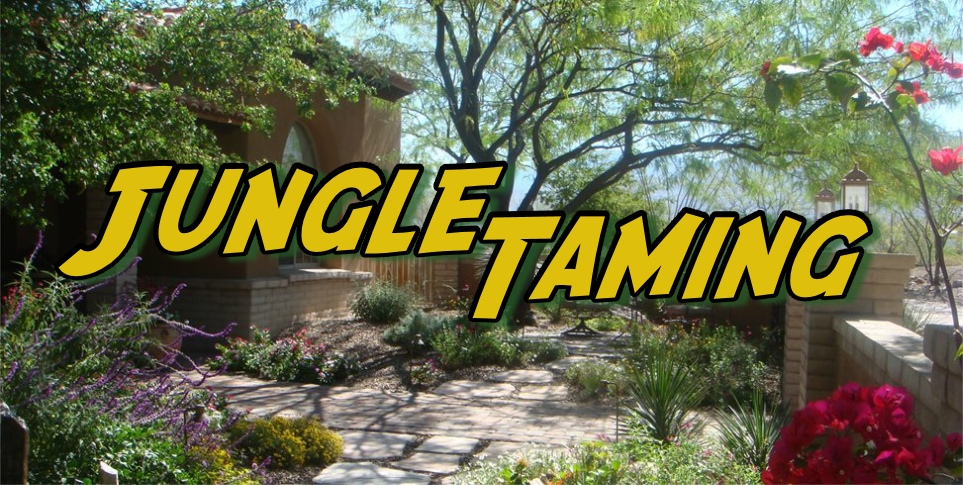 For many people having a cup of Joe each day is just a part of life. That cup of steaming coffee jump starts their sluggish brains, and allows them to begin the day. Not being a coffee drinker myself, I have observed others waxing poetic over the virtues of coffee. They need the caffeine in order to function, and to save the lives of other drivers on road, I’m told. People are willing to pay nearly any price for their fancy mochas, lattes, and iced coffees at coffee shops across the nation. I get tickled at the long line of cars at the Starbucks drive-thru in the pre-dawn hours. I imagine that these devotees who willingly roll out of bed fifteen minutes early just to stop for coffee are probably the same people who claim that they don’t have time to exercise, attend PTO meetings, volunteer their time, or any number of other activities. Not judging here, you understand, just noting the devotion of coffee lovers. Even if you’re not a coffee drinker, you may want to consider serving some coffee to your garden. Wait! What? That’s right, I’m not bonkers. Even better, you can do it for free. (Don’t you just love that word, “free”?)
For many people having a cup of Joe each day is just a part of life. That cup of steaming coffee jump starts their sluggish brains, and allows them to begin the day. Not being a coffee drinker myself, I have observed others waxing poetic over the virtues of coffee. They need the caffeine in order to function, and to save the lives of other drivers on road, I’m told. People are willing to pay nearly any price for their fancy mochas, lattes, and iced coffees at coffee shops across the nation. I get tickled at the long line of cars at the Starbucks drive-thru in the pre-dawn hours. I imagine that these devotees who willingly roll out of bed fifteen minutes early just to stop for coffee are probably the same people who claim that they don’t have time to exercise, attend PTO meetings, volunteer their time, or any number of other activities. Not judging here, you understand, just noting the devotion of coffee lovers. Even if you’re not a coffee drinker, you may want to consider serving some coffee to your garden. Wait! What? That’s right, I’m not bonkers. Even better, you can do it for free. (Don’t you just love that word, “free”?)
Coffee grounds and coffee chaff are an organic source of nitrogen that can be used in your compost and mixed into your soil. The average NPK (nitrogen, phosphorus, potassium) ratio of coffee grounds is 2-0.3-0.2. Coffee bean chaff is a byproduct of the roasting process. Coffee beans, much like pecans, have a husk that comes off during the roasting process. The chaff of coffee beans is especially good for speeding the growth of vegetables, particularly tomatoes. Be careful not to overuse chaff when adding it to your garden. A too high concentration of chaff in mulch or compost becomes a barrier to water absorption from the soil and plant life. When chaff becomes wet it becomes very sticky and acts like a sheet that repels water and keeps air out of the soil. As long as you mix it with other matter and keep the percentage low, it should not become a problem.
Coffee grounds and chaff also contain a number of substances that promote healthy plant growth. As a bonus, coffee ground mulch seems to deter slugs and snails from the garden. Plants that are especially beloved by slugs, such as hostas, daylilies, lilies, and ligularias, would probably benefit from a sprinkling of coffee bean grounds. Studies have shown that when the slimy rascals travel over a strong concentration of caffeine, the results are fatal. I find it hilarious that slugs and snails, which are strongly attracted to beer, find the common cure for a hangover to be fatal.
 Sources of coffee grounds can be found as close as your local coffee shops on a first-come, first-serve basis. James Kirk, owner of Jamestown Coffee located on Highway 378 a quarter of a mile past Target in Lexington would love for gardeners to come take home some grounds for free. His store produces about fifty pounds of coffee daily. Starbucks, too, offers grounds to their customers. An even larger producer of coffee grounds and coffee chaff is Pontiac Foods located off Bookman Road in northeast Columbia. They would love for people to take home to their gardens some of the large quantities of chaff and grounds produced daily rather than it wind up in a landfill. There is no charge for the chaff or grounds. So, serve up some coffee to your garden today!
Sources of coffee grounds can be found as close as your local coffee shops on a first-come, first-serve basis. James Kirk, owner of Jamestown Coffee located on Highway 378 a quarter of a mile past Target in Lexington would love for gardeners to come take home some grounds for free. His store produces about fifty pounds of coffee daily. Starbucks, too, offers grounds to their customers. An even larger producer of coffee grounds and coffee chaff is Pontiac Foods located off Bookman Road in northeast Columbia. They would love for people to take home to their gardens some of the large quantities of chaff and grounds produced daily rather than it wind up in a landfill. There is no charge for the chaff or grounds. So, serve up some coffee to your garden today!


